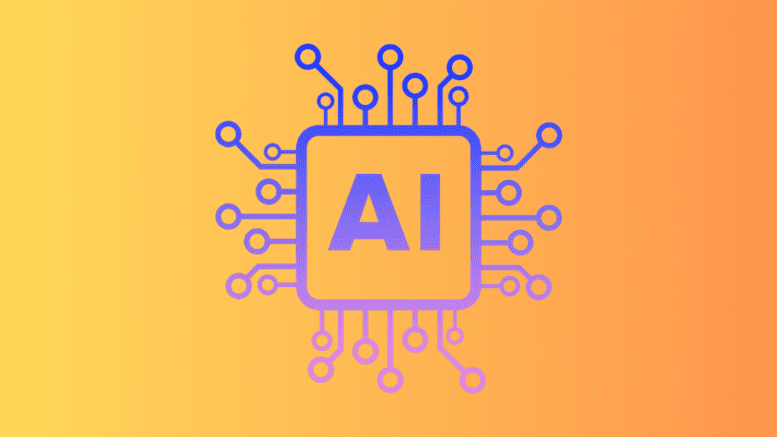How AI Could Replace Writers And Artists And When It Won’t
By John A. Tures, Professor of Political Science, LaGrange College
At the end of the science fiction thriller “I Robot,” Will Smith’s Detective Del Spooner investigates the death of robot inventor Dr. Lanning, trying to decide if it’s a suicide or murder, and collecting of evidence, asking questions that never fully get answered. But it’s not until the end of the movie that he asks why. “That, detective, is the right question,” replied Dr. Lanning. It’s the question we should be asking about artificial intelligence: Why AI?
I thought the big threat from artificial intelligence would be that it would perform low-level tasks so well that humans would cede more control to it and permit it in our lives. Those with lower-level functions in society would be under the most threat.
I didn’t expect that artificial intelligence promoters would take on the strength of humanity, the most creative talents. For example, generative A.I. would be used to try to replace human writing and artistry. It didn’t make sense. Why try to shunt aside the greatest of human skills?
My wife shared a post with me from Joanna Maciejewska. “You know what the biggest problem with pushing all-things-AI is? Wrong direction. I want AI to do my laundry and dishes so that I can do art and writing, not for AI to do my art and writing so that I can do my laundry and dishes.” But it seems the opposite is happening.
Some of it is about demonstrating computer or programming skills, the power of those to create something so well it could take on, or even outperform humans. The other is a darker explanation, that it’s the plan all along, by those who wish to control the writing, the art, and therefore dictate how humans think and choose. Both are a more evolutionary moment than the revolution of the NS-5s at the end of “I Robot,” but it’s no less terrifying.
A colleague from the Business Department told me “AI is the worst it’ll ever be right now. It’ll only get better.” I replied “better for whom?” He proceeded to trot out the old argument that we should be making cars instead of buggy whips. But is human art and writing so bad that it needs replacing? It seems some AI companies are the ones having to answer for perhaps taking on humans and coming up short.
Other fellow professors are starting to get a lot of AI essays from students. The grammar may be better, but there are no shortage of AI mistakes. It’s easy for artificial intelligence to fool itself, making up fanciful material if it doesn’t know the answer. Even when A.I. gets it right, it comes across as so soulless that one longs for the human paragraphs with a typo or two, which provides insight into what an original thought was, instead of a generic aping of a human answer.
This is not to say AI has no uses in writing. I’ve actually encouraged my students to use it, telling them “today we’re going to fight robots.”
I have them use resources like ChatGPT to generate competition, letting them know that’s likely what the competition will produce. All are challenged to write and outperform the competition. It’s like creating your own tackling dummy or competition in a computer game to battle and defeat. I feel AI does pretty well when it comes to catching mistakes.
Years ago, I used a version of it to narrow down cases to analyze for research. AI can also keep humans employed. Imagine an editor and publisher, who needs to cover a lot of news, but can’t get enough reporters to cover everything. The paper could fold and affect those editors and reporters unless these tasks can be covered by someone…or something.
In the movie “Jurassic Park,” Dr. Ian Malcolm tells the founder of the InGen Company John Hammond. “Your scientists were so preoccupied with whether or not they could, they didn’t stop to think if they should.” AI has been created; it does not make sense to debate whether to create it or not. But we should consider what ways it could benefit humanity, and all of its positive uses, instead of figuring out how it could (and should) replace the best humans have to offer.
John A. Tures is a professor of political science at LaGrange College in LaGrange, Georgia. His views are his own. He can be reached at jtures@lagrange.edu. His “X” account is @JohnTures2.
